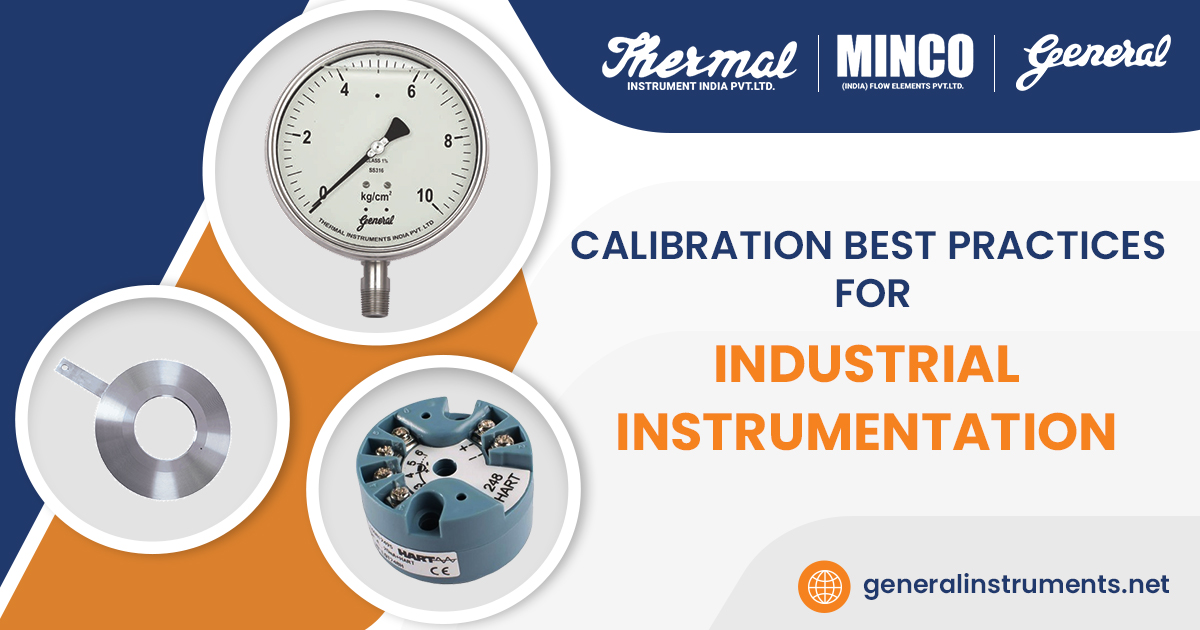
Calibration Best Practices for Industrial Instrumentation
At General Instruments Consortium, precision and reliability in Process Control Instruments are foundational to successful industrial operations. Accurate calibration is the cornerstone of maintaining the integrity and performance of these critical measurement tools.
The Importance of Calibration in Process Control
Calibration involves adjusting an instrument to produce results within a specified range for a given sample. This process is essential for maintaining the integrity of industrial processes. Regular calibration minimizes measurement errors, reduces the risk of operational inefficiencies, and helps prevent safety hazards and regulatory issues. Accurate and well-calibrated instruments are the backbone of efficient, safe, and compliant industrial operations.
Best Practices for Calibration
- Adhere to Manufacturer Guidelines
– Follow the specific calibration instructions provided by the instrument manufacturer to guarantee accuracy and reliability.
- Establish a Routine Calibration Schedule
– Set a regular calibration schedule tailored to the instrument’s usage and the manufacturer’s recommendations, ensuring ongoing precision.
- Utilize Certified Reference Standards
– Use reference instruments that are traceable to national or international standards to maintain calibration integrity.
- Control Environmental Variables
– Conduct calibration in a controlled environment to mitigate the impact of temperature, humidity, and other external factors on instrument performance.
- Maintain Comprehensive Documentation
– Keep thorough records of calibration procedures, results, and any adjustments made. This documentation is crucial for tracking instrument performance and maintaining compliance.
- Engage Qualified Personnel
– Ensure that calibration is performed by trained and experienced technicians. Regular training is vital to keep them updated on the latest standards and techniques.
- Leverage Advanced Calibration Tools
– Utilize state-of-the-art calibration tools and software to enhance accuracy, efficiency, and data management. Automated systems can streamline the calibration process and reduce the potential for errors.
- Implement a Calibration Management System
– Develop a comprehensive calibration management system to track instrument history, schedule calibrations, and monitor performance over time. This approach ensures a systematic and proactive approach to maintaining measurement integrity.
Conclusion
At General Instruments Consortium, we priorities the precision and dependability of our Process Control Instruments. Adhering to these calibration best practices ensures that your instruments remain accurate and reliable, thereby optimizing operational efficiency, safety, and compliance. A disciplined approach to calibration is critical to maintaining the integrity of your measurement systems and ensuring optimal performance.
For further details on our *Process Control Instruments* and our comprehensive calibration services, visit our [product page].
